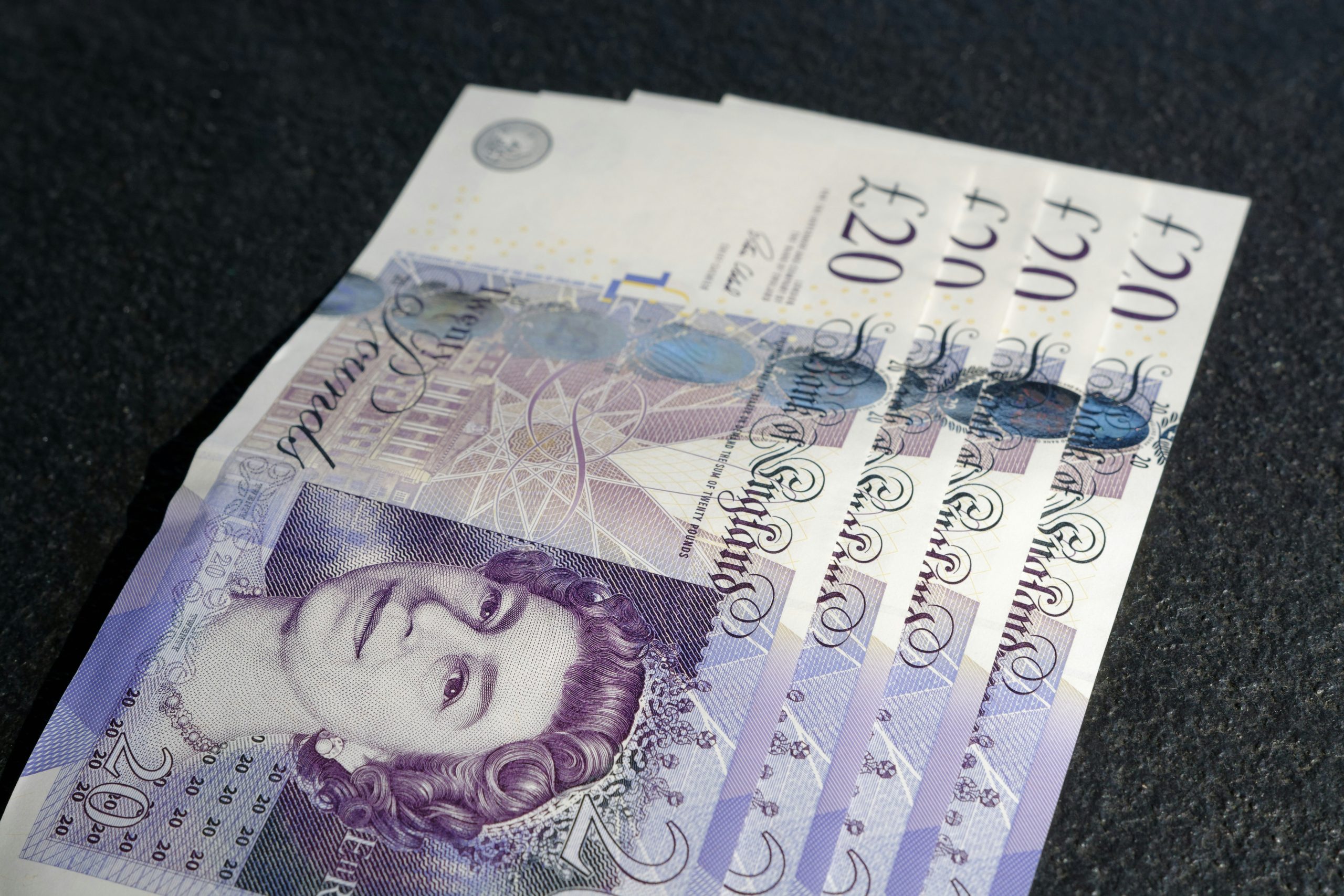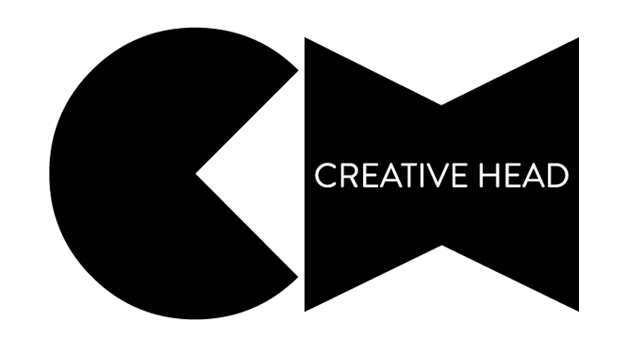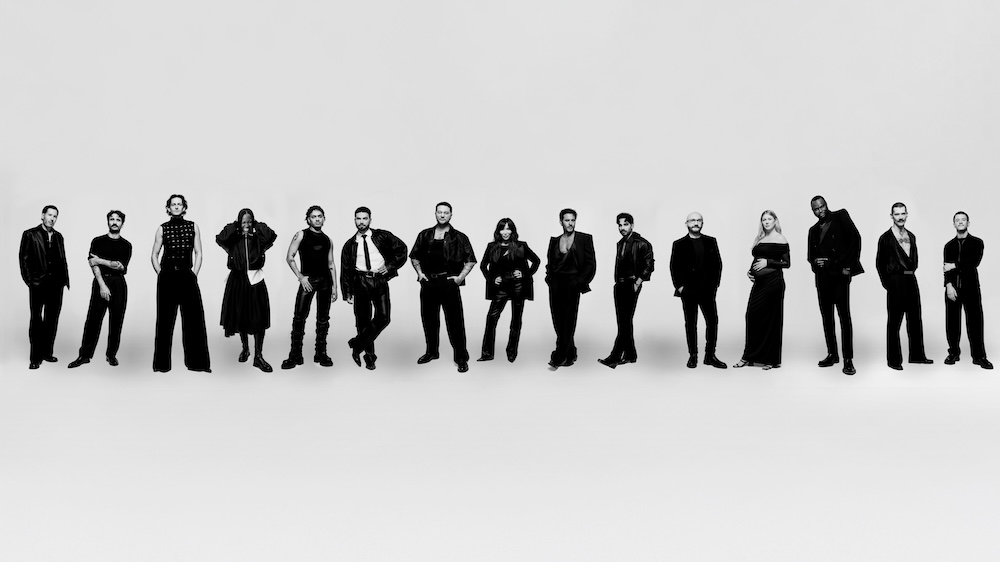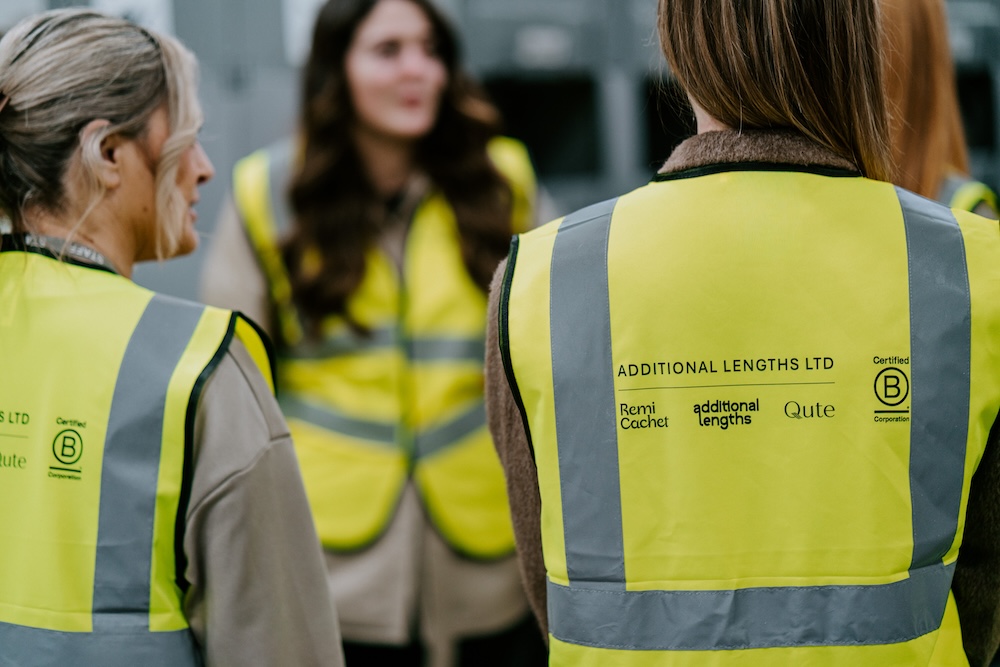Hairdressing Employers In Firing Line From The Biggest-Ever Tax Raid Budget
As widely expected, the new Labour Chancellor has lifted employers’ National Insurance Contributions, but the drop in the threshold at which businesses start paying it is pretty startling – from £9,100 to £5,000.
by C | INFORM

Today (30 October 2024), in Labour’s first Autumn Statement in 14 years, the Chancellor Rachel Reeves announced a Budget that will raise taxes by £40bn.
The biggest hitter was an increase of 1.2 per cent in employers’ National Insurance Contributions, which means the rate will rise to 15 per cent in April 2025. At the same time the government will also reduce the secondary threshold from £9,100 to £5,000, in a move that will raise £25bn a year by the end of the forecast period. Before the Budget, employers were liable for a rate of 13.8 per cent of workers’ earnings above £175 a week.
However, Reeves also announced that the employment allowance will rise from £5,000 to £10,500.
She said: “This means 865,000 employers won’t pay any National Insurance at all next year and over one million will pay the same or less than they did previously.
“This will allow a small business to employ the equivalent of four full-time workers on the National Living Wage without paying any National Insurance on their wages.”
Reeves used the Budget to reiterate yesterday’s announcement that minimum wages will rise in April 2025 as follows:
- The minimum wage for over 21s, known officially as the National Living Wage, will rise by 6.7 per cent, from £11.44 to £12.21 from April 2025. For someone working full time, or a 37.5-hour week, that equates to £23,873.60 a year, up from £22,368.06.
- For 18- to 20-year-olds, the minimum wage will rise from £8.60 to £10. This means someone on a 37.5-hour week will earn £19,552 a year, up from £16,815.
- Apprentices will get the biggest pay bump, from £6.40 to £7.55 an hour. That means their annual wage will go up to £14,762 from £12,513 currently.
According to The Treasury, the hike in the minimum wage for under-21s – the largest on record – marked the first step towards a single rate for all adults.

Image by Sarah Agnew
“It’s a particularly bad day for hairdressing and beauty businesses and the end of the road for apprentices and employment within our sector” – Toby Dicker of the Salon Employers’ Association.
In more bad news for high street hairdressing businesses, the current 75 per cent discount to business rates – due to expire in April 2025 – will be replaced by a discount of 40 per cent, up to a maximum of £110,000. That means that many businesses will see their business rates nearly double.
Among the other announcements were: an increase in Capital Gains Tax, a freeze on fuel duty next year and the introduction of VAT on private school fees from January 2025.
In her opening remarks Reeves says the UK had voted for change, and that the Labour government has a mandate for a decade of “national renewal”.
She pledged “more pounds in people’s pockets” and improved living standards. The only way to drive economic growth is to “invest, invest, invest”, she added.
The government must “restore economic stability and turn the page on 14 years” of Conservative government, Reeves said. She says the Labour party has rebuilt the UK economy before and will “rebuild Britain once again”.
“In the grand scheme of things we are a niche industry that the government simply doesn’t understand, and we have become collateral damage” – Louise Howard-Long, Architect Hair, Leeds
However, hairdressing business owners and organisations reacted with dismay as Reeves set out her government’s taxation priorities, which come against a backdrop of higher debt following the pandemic, higher interest rates and inflation that has only recently returned to normal levels.
“It’s a particularly bad day for hairdressing and beauty businesses and the end of the road for apprentices and employment within our sector,” said Toby Dicker of the Salon Employers’ Association.
“After years of tireless campaigning with the Department for Business and HMRC and trying to show how tax policy directly affects apprentices, our industry, which is hit five times harder than retail by employment cost increases, has been broken.
“We have no alternative but to lay off apprentices and move all our staff to self-employment to have any chance of survival.”
(Toby has created an online calculator to help business owners understand the impact of the Budget. For access to the calculator, email admin@salonemployersassociation.co.uk)
Said Louise Howard-Long, owner of Architect Hair in Leeds: “Of course, people deserve to be paid well. But in the grand scheme of things, we are a niche industry that the government simply doesn’t understand, and we have become collateral damage. I fear for the future of hairdressing. More and more people are being pushed into the grey economy and at some point, the government will wake up and realise they’re missing out on a lot of income that they used to get from our industry.”
Sam Kendall, chief operating officer at salon booking, management and marketing system SalonIQ, also warned that today’s Budget might impact on hair businesses’ future hiring plans.
She said: “Experts have rightly dubbed this an effective ‘tax on jobs’, raising fears that it will stifle hiring, slow wage growth and limit pension contributions. For salon and barbershop owners striving to build a strong team and provide fair pay, this could be a critical setback, many having to reduce their team sizes and let non income producing apprentices go.
“In an environment where confidence is crucial for investment and growth, these changes risk sending small salon and barber businesses into a cycle of stagnation.
“Salons often take the hit in these situations, however the cost of running a business is not sustainable as costs keep rising. Salons will have no choice but to increase their prices to absorb these costs and should aim for an increase on their services of 4 to 5 per cent. Whilst we remain positive, some will sadly have no option but to close their doors.”

Image by Christopher Bill
“Salons will have no choice but to increase their prices to absorb these costs and should aim for an increase on their services of 4 to 5 per cent” – Sam Kendall, COO, SalonIQ
And while Caroline Larissey, chief executive of the National Hair & Beauty Federation, welcomed the rise in the Employment Allowance, she too voiced concern about the impact of the minimum wage increases.
“With 16 per cent+ rises in the youth wage rates there was nothing on interim support for businesses training young people,” she said.
“The only ‘youth guarantee’ for our sector will be that small and micro employers won’t be able to afford to take on apprentices.
“While the Employment Allowance increase offers some breathing room, the dramatic rise in apprentice wages threatens to disrupt the traditional pathway into our sector. Without targeted intervention, we risk creating a skills gap that could take years to bridge. The government’s approach to retail business rates shows they’re listening, but more comprehensive support is needed to ensure the sustainability of apprenticeships in hair and beauty.”









